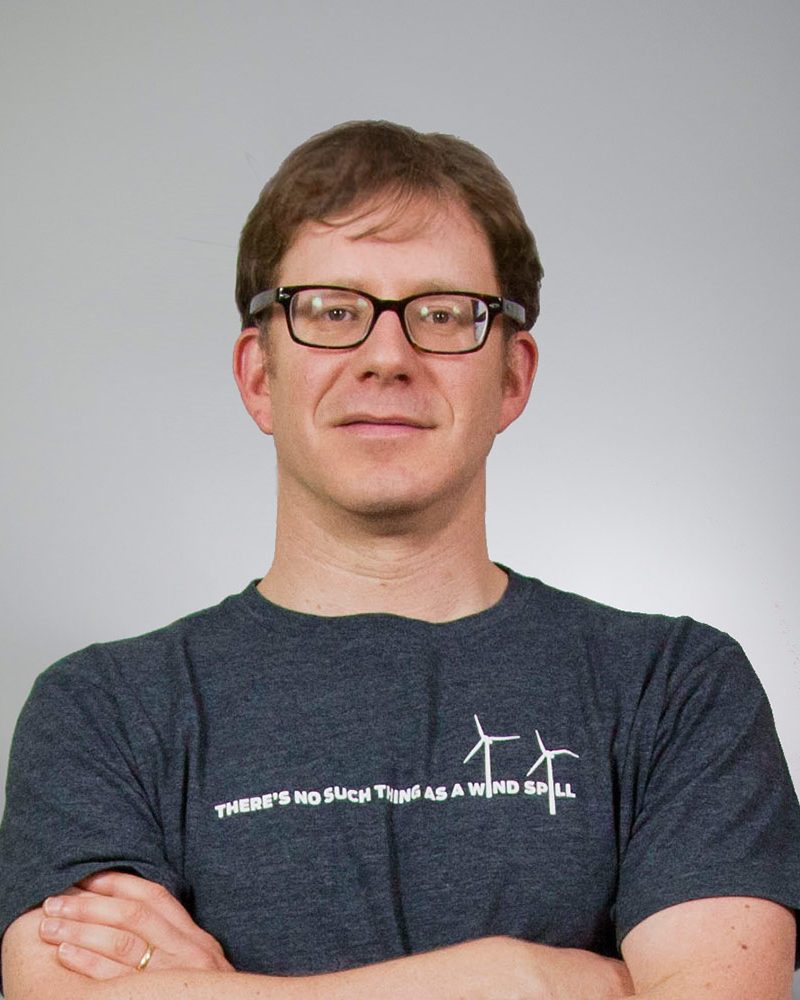Articles by Founder & Creative Officer Chip Giller


All Articles
-
Friedman uses perch at Gray Lady to push for carbon tax
Tom Friedman says cap-and-trade is in truth a form of taxation. But taxes don’t suck. Why don’t Dems and the adminstration just tell it like it is and push for something more straightforward: a carbon tax. Such a tax, he goes on to say, should be pitched as a way of renewing the American economy […]
-
Welcome to the new Grist!
This year marks Grist’s tenth anniversary! To celebrate this momentous occasion, we’ve redesigned our site. (We’ll also be passing out glasses for a sparkling organic-cider toast at some point, so don’t run off to the powder room.) The new Grist.org is better organized and easier to navigate, featuring topic areas like politics, food, and climate. […]
-
Titular head of GOP says we’re in period of global cooling
OMG. RNC Chair Michael Steele (i.e., the titular head of the GOP) says that global warming is really “global cooling.” Sam Stein at HuffPost excavates Steele’s thoughts on global warming from his little-noticed stint as guest host of a conservative talk radio show on March 6: We are cooling. We are not warming. The warming […]
-
Karl Rove says history to view Bush as ‘far-sighted leader’
Here is how The Architect describes President Bush's environmental legacy:
On energy, the environment, and climate change, [Bush] is developing a new paradigm. Emphasizing technology, increased energy-efficiency partnerships, and resource diversification, his policies are improving energy security and slowing the growth of greenhouse gases without economy-breaking mandates and regulation. The president who won criticism by rejecting the failed approach of Kyoto has implemented policies that enabled the United States to grow its economy by 3.1 percent and reduce the absolute amount of CO2 emissions (by 1.3 percent).

